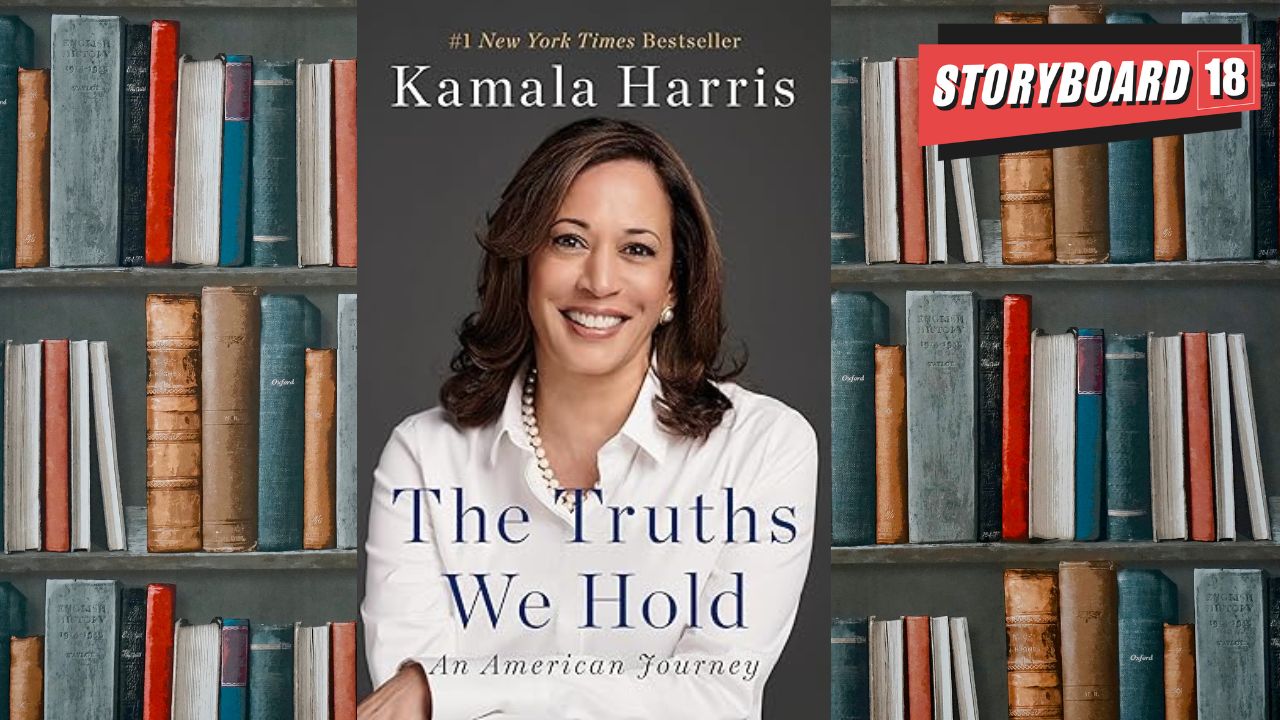Who is the inspirational Kamala Harris really? If this question intrigues you, then you have a creditable, first person account in this book. I for one was curious about how her name is pronounced? “Comma-La, which means lotus flower”, she says. Not Kamma-La, the way we pronounce it here in India. That’s her Jamaican father and Indian mother coming together to create a unique sounding name!
Indians love their own flesh-and-blood politicians who rise to positions of power in foreign lands. We love Rishi Sunak, Pravind Kumar Jugnauth, Prithvirajsing Roopun and of course we love Kamala Harris most of all! Post November 2024, we might be compelled to love her more if she ascends to the coveted position of President.
She wrote ‘The Truths We Hold’ in 2019, before she became Vice President. The book is written in exceptionally simple language and talks about her convictions; about social justice, communities, families, art, creativity, protecting human rights. Everything except the economy.
Here are our five Bookstrapping insights in the VP’s words!
1. What drew her to law – It was the way people around me trusted and relied on lawyers. Uncle Sherman and our close friend Henry were lawyers, and any time someone had a problem, within the family or neighbourhood, the first thing you’d hear was “Call Henry. Call Sherman. They’ll know what to do. They’ll know how to make sense of this.” I wanted to be able to do that… I wanted to be the one who could help.
2. The platitudes – These may be things Kamala Harris believes in, “Democracy just cannot flourish amid fear. Liberty cannot bloom amid hate. Justice cannot take root amid rage. America must get to work.” More so because she is a traditional politician. Some readers may find these statements vacuous! But that’s the whole point of a democracy.
3. She wears her middle class upbringing proudly – “We were renters for most of my childhood and my mother took incredible pride in our home,” she says while sharing shortly thereafter that her mother always wanted to be a homeowner.
4. She understands justice and makes it the core of her identity, via the book. “When people hear that a mother has lost her child to cancer, the natural response is collective sympathy and concern. But when a woman loses her son to violence in the streets, the response from the public is often different!”
5. She describes her mistakes too. Once, early in her career she was using a map to refer to while trying a hit-and-run case and got continuously confused between the both, east , south and west. Referring to this, she says, “During the break, Judge Horner called me into his chamber and said, ‘don’t you ever do that again! You figure it out. Figure it out.” Seems like she did!
The book is a celebration of the people in her life we don’t know. And the vast amount of work that has elevated her to being considered for the top job. She does not waste too much ink on obvious ones in the limelight. One must also give her credit for a very intelligent book, that positions her extremely well – the ‘shared purpose, shared values’ identity is believable because she provides ample context for it.
Might be a good time to get to know the second woman candidate, standing between ‘Donald Trump and the Presidency,’ if one could put it that way. May the best human win!
Reeta Ramamurthy Gupta is a columnist and bestselling biographer. She is credited with the internationally acclaimed Red Dot Experiment, a decadal six-nation study on how ‘culture impacts communication.’ On Instagram @OfficialReetaGupta
